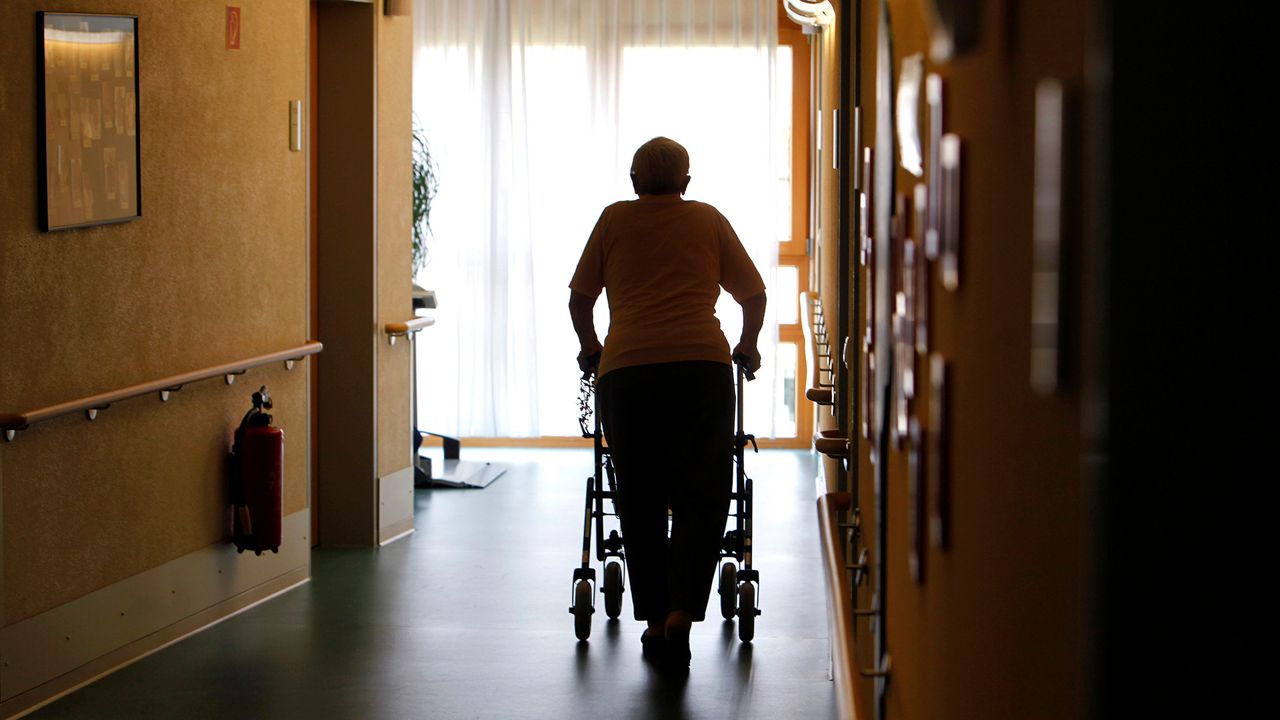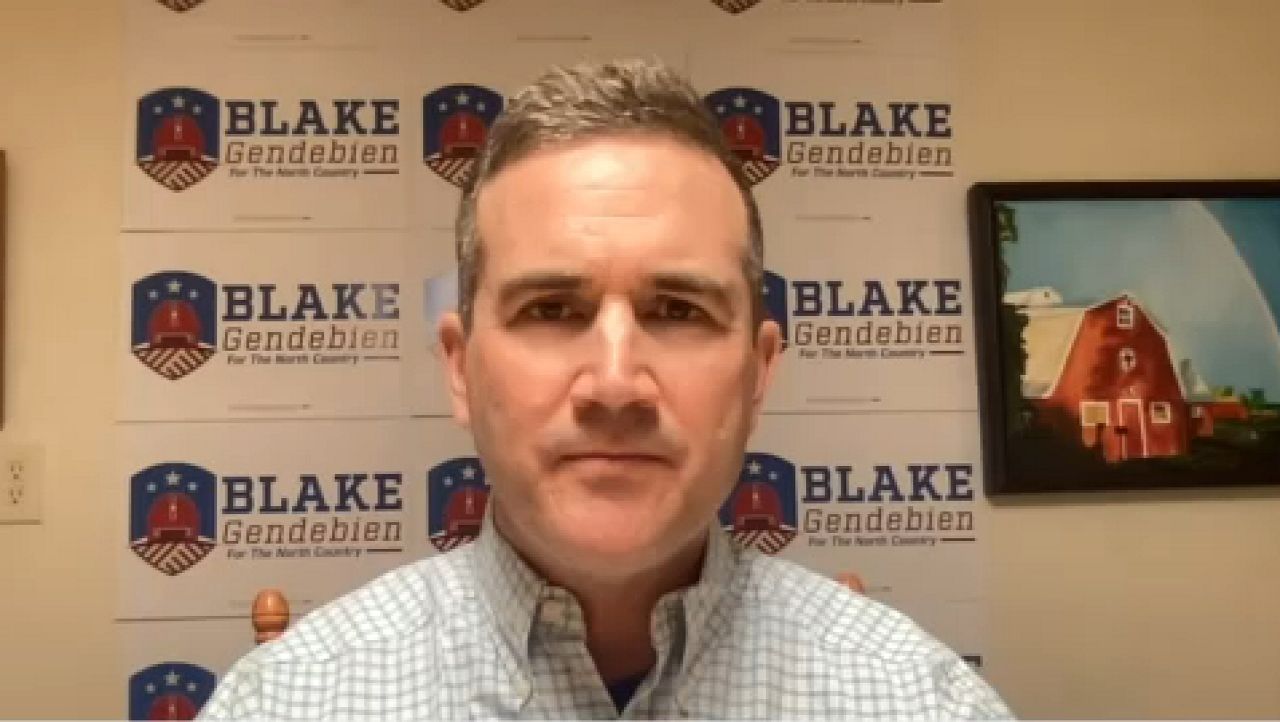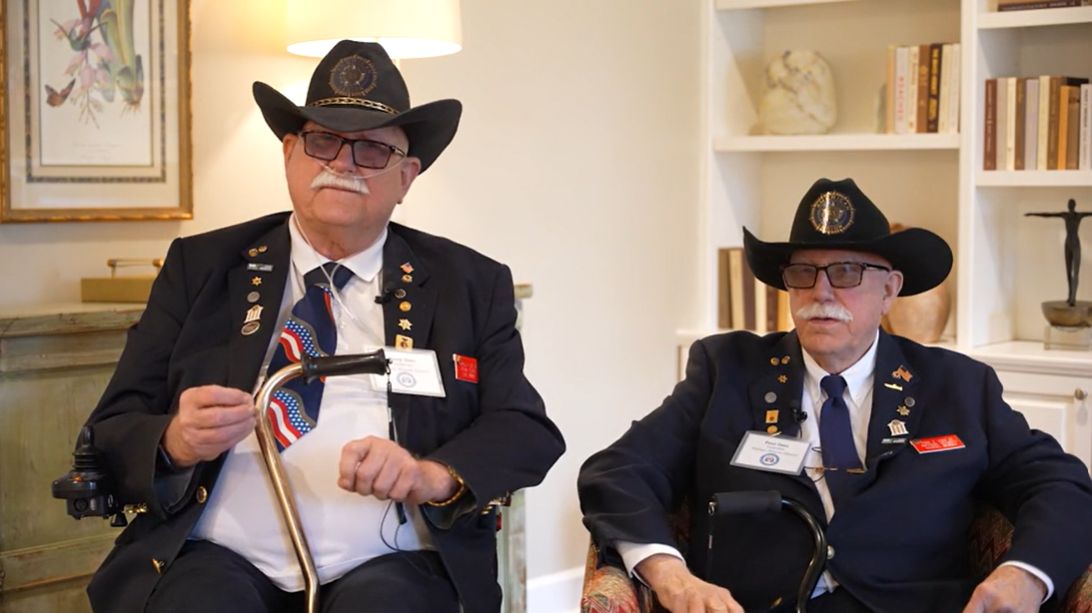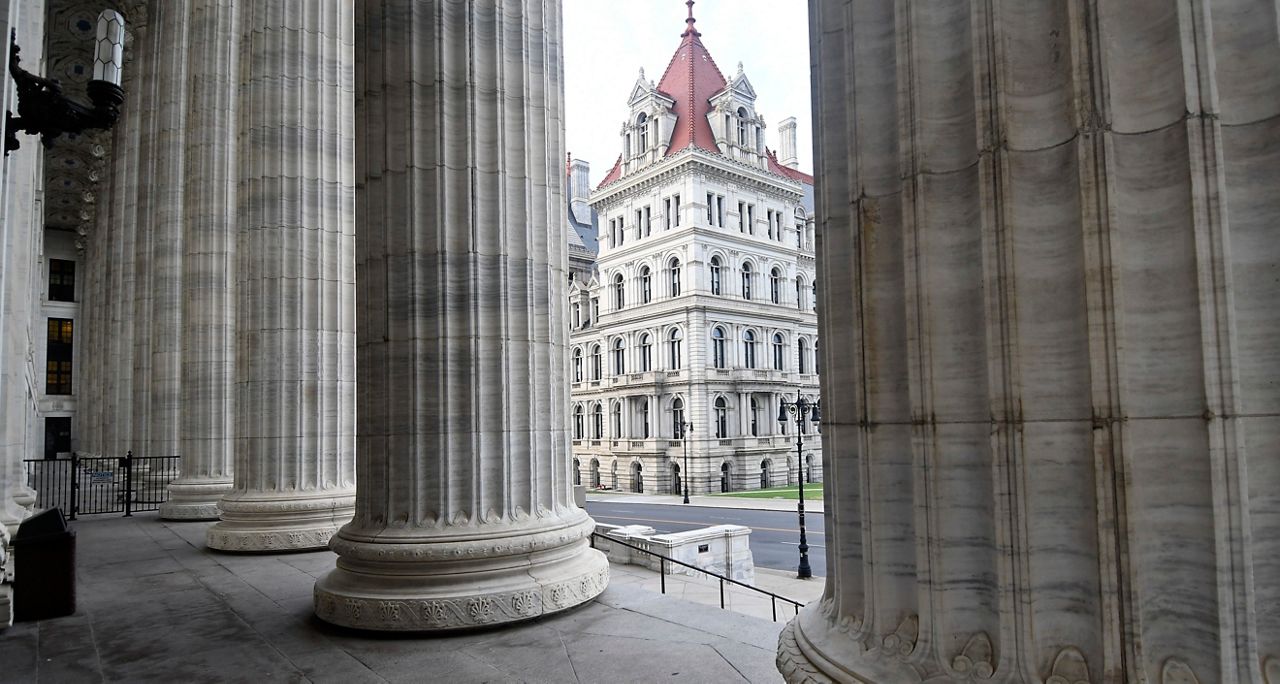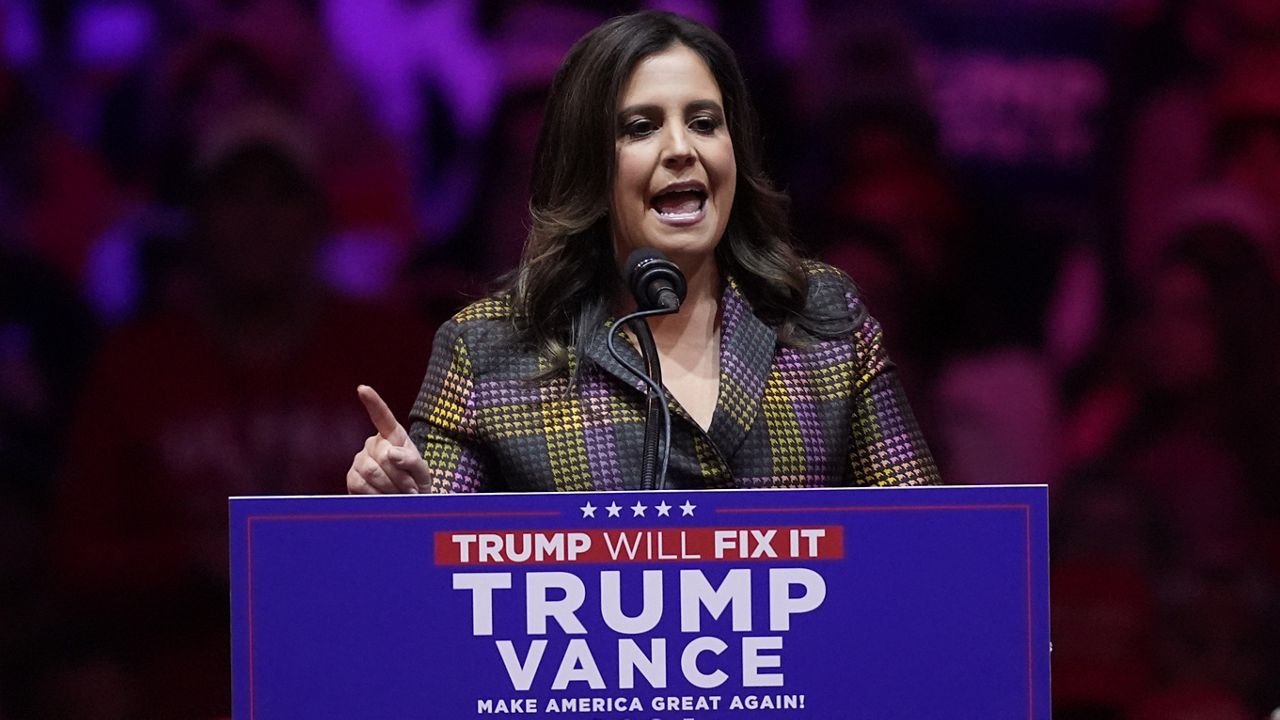Solitary confinement is a controversial topic.
While correction officers argue it's a needed tool to uphold order in the prison system, those who support the HALT Act say it helps limit the harmful effects of prolonged isolation on incarcerated individuals.
Anthony Dixon can choose where he spends his time now. After 32 years in prison, he's choosing to speak with New York state legislators.
"I'm here to make a difference," said Dixon. "So that this does not continue in New York state. So that people get treated with dignity, respect [and] with care."
Dixon was released from prison nine years ago. He is now the deputy director of the Parole Preparation Project.
He spent more than two years of his sentence in solitary confinement.
"Feeling like you are denied basic human rights, it's the perfect environment to make somebody go insane," said Dixon. "It doesn't make you better. There's nothing to do. You keep on counting the bricks on the wall. You start thinking about suicide. In fact, my best friend committed suicide two weeks after he was released from solitary confinement."
The HALT Act wasn't around when Dixon served his time.
Enacted in 2022, it prevents inmates from spending more than 15 consecutive days in solitary and requires other rehabilitative programs.
Prison law expert Michael Mushlin has had a major influence on state and federal standards for prisoners in his over five decades of work.
"If one meets someone who has been in solitary confinement, just looking at that person, one can see the impact," said Mushlin. "The word that is best to describe it is torture."
Mushlin is a professor of law emeritus at Pace University of New York.
While lawmakers have not signaled they were considering a repeal of the HALT Act, DOCCS confirmed the strike has led to the suspension of some HALT policies.
Mushlin said while he understands correction officers want to see change in their workplace, he's concerned about how changes to the Halt Act could negatively impact incarcerated individuals.
"I want to stress, I'm not saying it's easy, and I appreciate the difficulties," said Mushlin. "We just can't do this to fellow human beings. We're not entitled to it. We don't benefit from it. We need to find a way not to do it."







